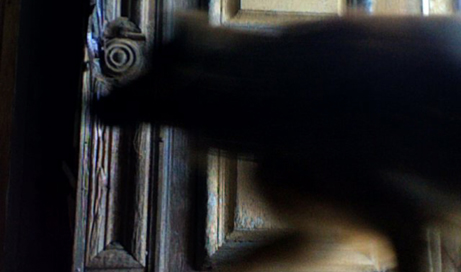
The Secret of Music – discussion
Alan Cummings Keiji Haino
Journalist and underground music champion Alan Cummings talks to Keiji Haino about his career and his performance the previous evening.
Arika have been creating events since 2001. The Archive is space to share the documentation of our work, over 600 events from the past 20 years. Browse the archive by event, artists and collections, explore using theme pairs, or use the index for a comprehensive overview.

Journalist and underground music champion Alan Cummings talks to Keiji Haino about his career and his performance the previous evening.

The reknowned artist Kjell Bjørgeengen works collaboratively with innovative musicians to make complex installations. Channels of flickering light are produced in response to and from sound.

An audio/ video, lecture/ performance exploring the queer and companionly inter-activity of human-animal relations.

A Performance exploring the nature of acousmatic listening; sound removed from visual context and understood for it’s own properties.

A conversation about the movement for prison abolition and refusing the logic of race and sex that underpins the criminalisation and mass incarceration of communities.
Glasgow. Low-end drone guitarage army in praise of the open chord.
Our Zooms are unmuted, our mics are open, and our hearts and bodyminds are receptive. We give the floor online and in person to you…